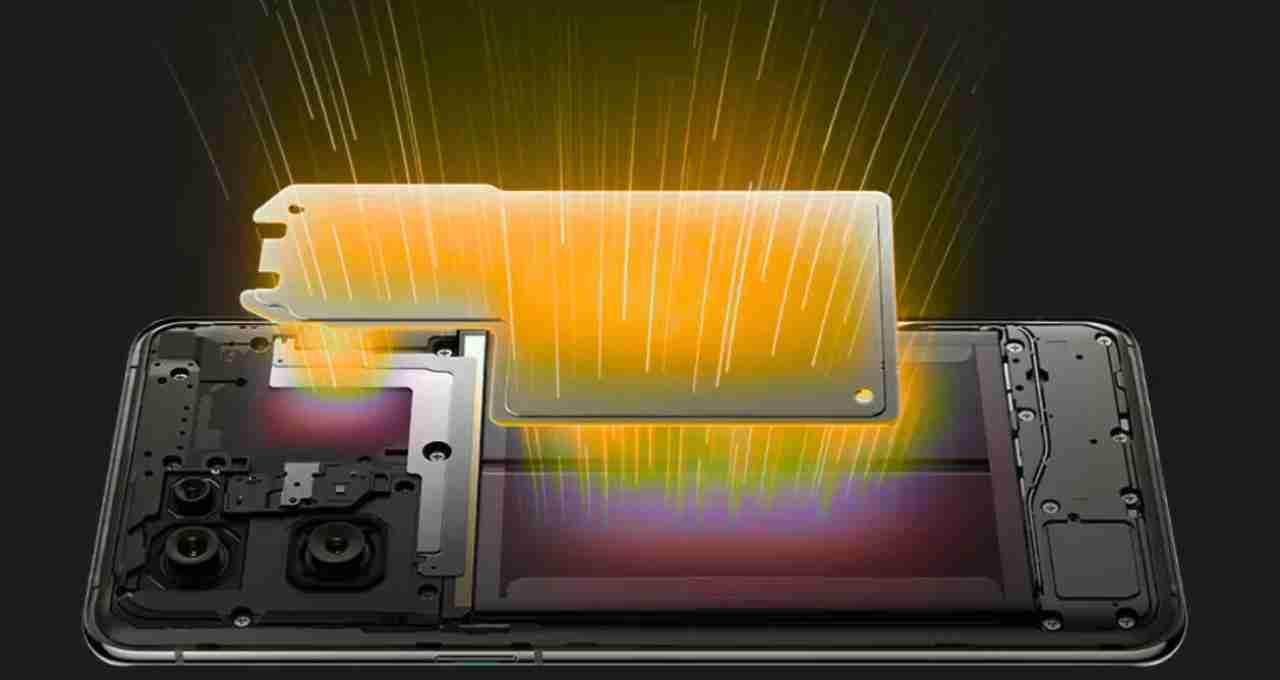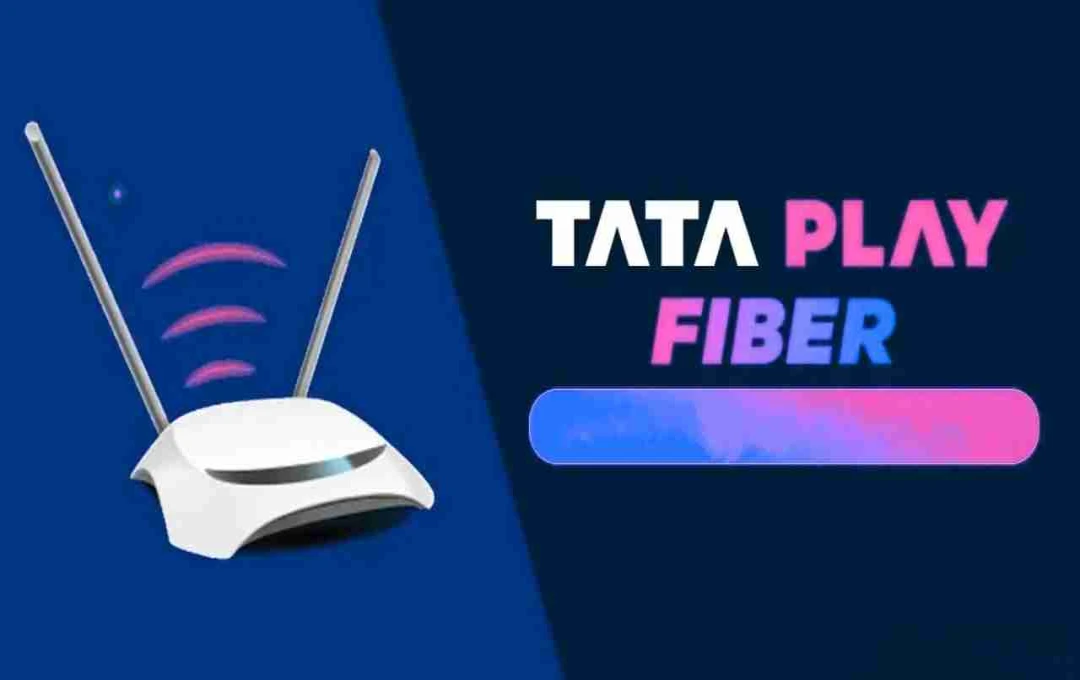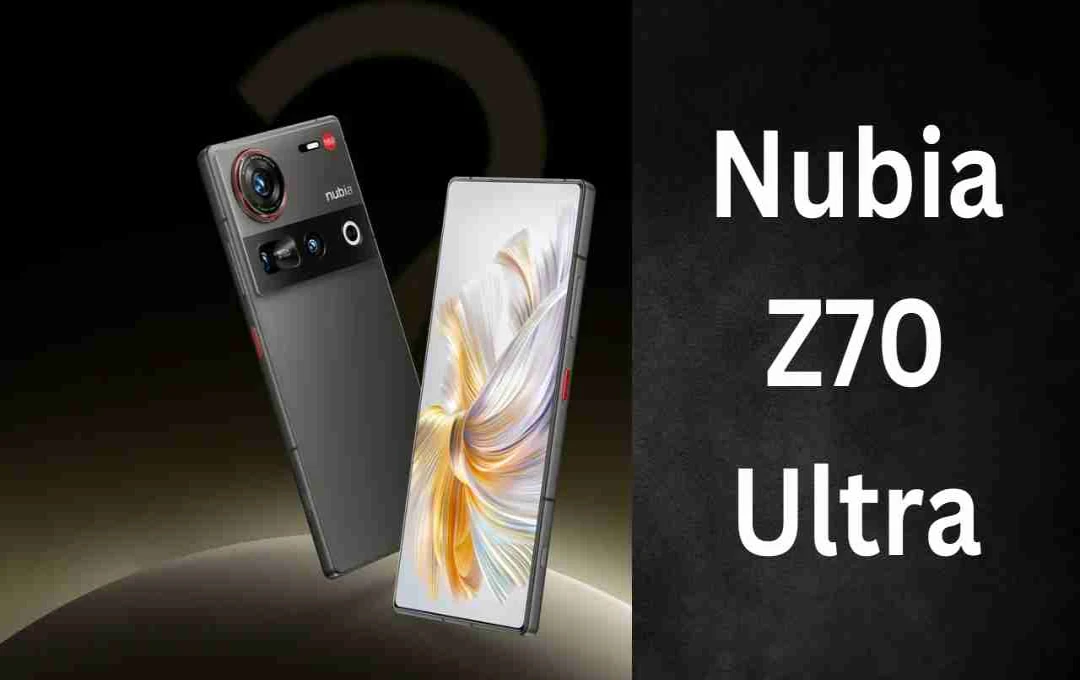Apple is rapidly progressing with its upcoming flagship smartphones, the iPhone 17 series. As with every year, a September 2025 launch is anticipated, but discussions regarding its key improvements have already intensified. Notably, Apple will, for the first time, incorporate a cooling system into its Pro models that has until now been exclusive to Android flagship smartphones: Vapor Chamber cooling technology.
What is the Vapor Chamber Cooling System?
A vapor chamber is a heat management technique that swiftly transfers heat generated by components to the device's chassis and dissipates it. This process relies on the principles of fluid evaporation and condensation. Its primary advantage is the ability to keep the processor, GPU, memory, and other sensitive components cool for extended periods.
Android devices, such as the Samsung Galaxy S series, Xiaomi 14 Ultra, and Asus ROG Phone flagship models, already utilize this technology. Apple's adoption in the iPhone 17 Pro models promises significant improvements in performance and thermal stability.
Heating Issues in Older iPhone Models

The iPhone 16 Pro exhibited excessive heating during intensive tasks like gaming or video editing. Reports indicate a performance decline of up to 40 percent in the iPhone 16 Pro's GPU under prolonged workloads. This directly impacted gaming, 4K video recording, and AI tasks.
Apple is now addressing this deficiency by implementing high-end thermal technology like the vapor chamber. This is expected to provide iPhone 17 Pro users with enhanced and stable performance.
What's Special about the iPhone 17 Pro?
- A19 Pro Chipset: Apple's next high-performance processor designed for demanding tasks. Improved cooling will be essential with this chip.
- Vapor Chamber Cooling: This system will extend to the CPU, GPU, RAM, modem, and camera module, ensuring balanced thermal dynamics.
- iOS 19 AI Integration: Siri and other features will rely on on-device AI processing, requiring thermal stability.
- Support for Extended Video Recording: 4K and 8K video recording will be possible without overheating.
Why is this Change Necessary?

iPhones have always been recognized for their performance and durability. However, in recent years, while processor power has increased, the thermal system has remained largely unchanged. This has led to increased complaints about overheating during prolonged use or heavy tasks.
AI and machine learning-based functions, such as real-time photo processing, assistance through language models, and private on-device data analytics, are no longer solely server-based. Apple, with iOS 19, plans to process most AI tasks on the device, significantly increasing the processor load. Therefore, a thermal system upgrade is not only crucial for maintaining stable performance but also essential for battery life and device safety.
No Changes for Other Models
This vapor chamber technology will likely be limited to the iPhone 17 Pro and possibly the iPhone 17 Pro Max. More affordable models like the iPhone 17 and iPhone 17 Plus will likely continue to use traditional copper heat spreaders and graphite sheets. This implies that performance and cooling levels in these models will not match the Pro models.
User Benefits
- Significant Advantage for Gamers: Vapor chamber technology will prevent the phone from overheating and reduce frame drops during extended high-FPS gaming.
- Relief for Video Creators: 4K and 8K video can now be recorded for extended periods without fear of camera module overheating.
- Smoother AI Tasks: iOS 19's Siri and other AI features will run on-device, resulting in faster data processing and response times.
- Reduced Battery Impact: A better cooling system will maintain controlled device temperature, improving both battery capacity and lifespan.
Launch Date
Apple typically launches its iPhones in September each year. The iPhone 17 series is expected to launch in September 2025. The launch event will see Apple officially confirm these features and publicly release the full specifications.















